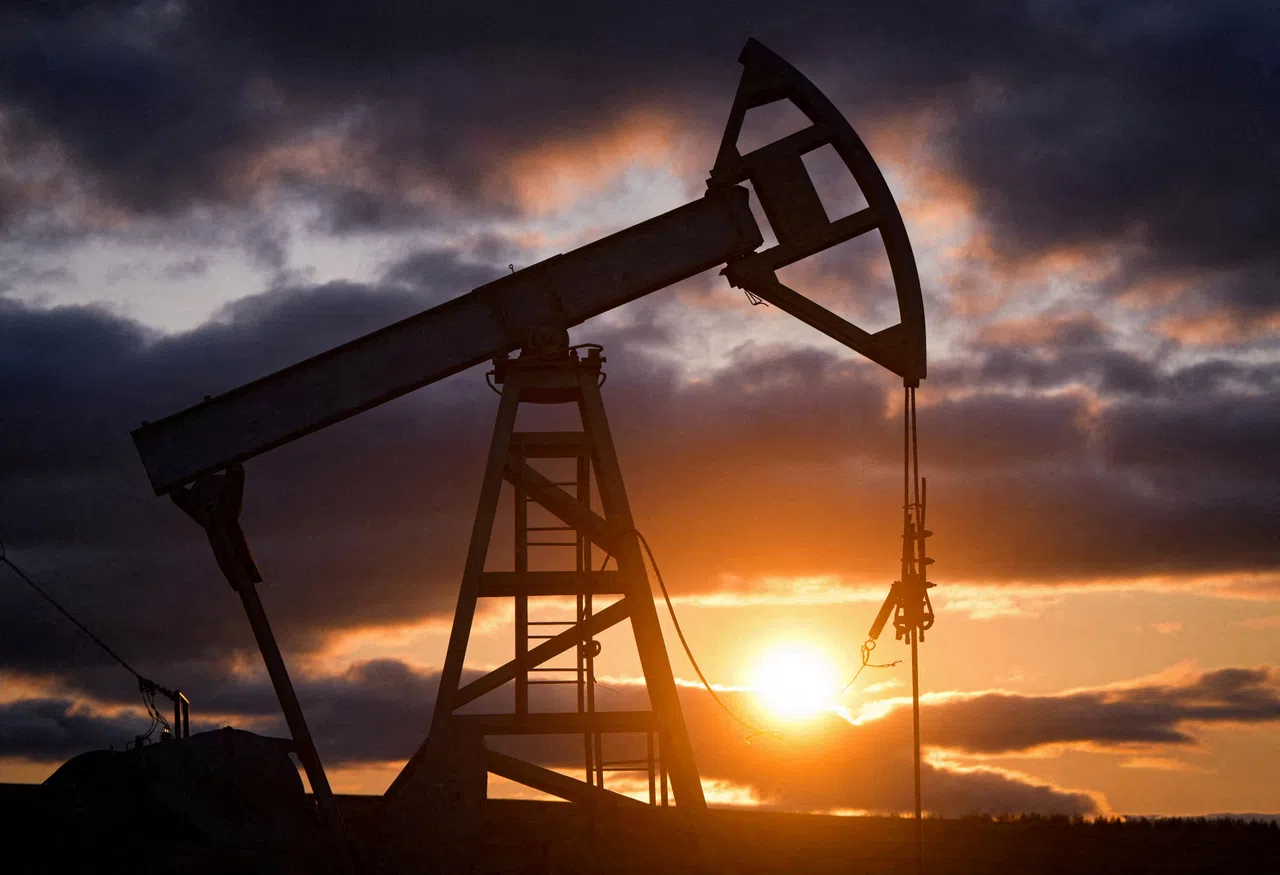A week ago, the US government imposed yet more sanctions on Iran’s oil trade. Crude prices have sagged more than US$5 a barrel since.
The decline was largely driven by indications that Israel is going to avoid attacking Iran’s oil infrastructure – one of the market’s big concerns.
But the drop nevertheless highlights how unfazed traders are by actions the US takes against foes that are large producers of oil – be it Iran or Russia. While that might change with the outcome of the Nov 5 election, for the time being traders are sceptical that sanctions will send prices higher as Washington seeks to keep a lid on fuel costs and balance competing priorities with China, a major buyer of Iranian oil.
The Oct 11 measures against Iran essentially mean the US can target any part of the Islamic Republic’s oil trade, and theoretically go after almost anyone who deals with it.
“Our goal, and what we made very clear to the Iranians, is that if they continue with their destabilising activity and their attacks against Israel, we’re going to be prepared to continue to do more,” US Deputy Treasury Secretary Wally Adeyemo said.
But US officials privately concede that there’s a reluctance to target the biggest Chinese oil buyers and Emirati middlemen who’ve helped Iran’s oil exports surge since the second half of 2019, the period shortly after the Trump administration re-imposed restrictions on the trade.
BT in your inbox
Start and end each day with the latest news stories and analyses delivered straight to your inbox.
Simply put, Washington has the means to hurt Teheran but has refrained from pulling the most aggressive levers as that would risk oil market volatility and complicate wider foreign policy goals, according to people with direct knowledge of the matter, who requested anonymity discussing private deliberations.
Treasury Secretary Janet Yellen denied that the US has gone easy on Iran, and called the Oct 11 move a potential “prelude” to additional measures.
“We have put in place hundreds and hundreds of sanctions on an ongoing basis against Iran,” Yellen said last week. “But it is true that we have recently ramped up our sanctions significantly. I signed an action that allows us to target Iran’s energy sector broadly, and that could be a prelude to a set of steps that would really curtail Iran’s ability to gain revenue from exports.”
Iran’s oil exports averaged 1.7 million barrels a day in the third quarter of this year, almost two-and-a-half times as high as they were in second half of 2019, according to data from TankerTrackers.com, which has been monitoring the nation’s shipments using satellite data for years. Nor were they obviously impeded even when there was concern that Israel might strike at the Islamic Republic’s oil installations.
The increase has happened because US officials have focused on measures that would add friction to Iran’s supply chain – boosting the country’s costs of doing business – while staying cautious about actions that would restrict exports.
Third jurisdictions that are strategically significant to Washington complicate matters. The UAE is home to a number of intermediary firms active in the trade, while China is where roughly 80 per cent of Iran’s daily oil exports go. Many of the transactions happen in yuan.
It’s a similar picture in the case of Russia, where the US has tried to balance supply risks against an effort to hurt the Kremlin’s access to petroleum revenues.
That stance resulted in the implementation of a so-called price-cap that banned the use of Western ships and services for cargoes sold above certain prices, driving Moscow to amass a so-called shadow fleet of ships to haul its oil without recourse to Western providers.
Still, the US presidential election may prove to be a turning point. And the most recent measures against Iran could give the next administration greater powers to clamp down.
Former president Donald Trump’s “maximum pressure” campaign on Iran slashed the Persian Gulf state’s oil flows in 2019 after he pulled the US out of the 2015 nuclear deal between Teheran and world powers and then ended waivers that allowed some countries to keep buying Iranian barrels. BLOOMBERG



